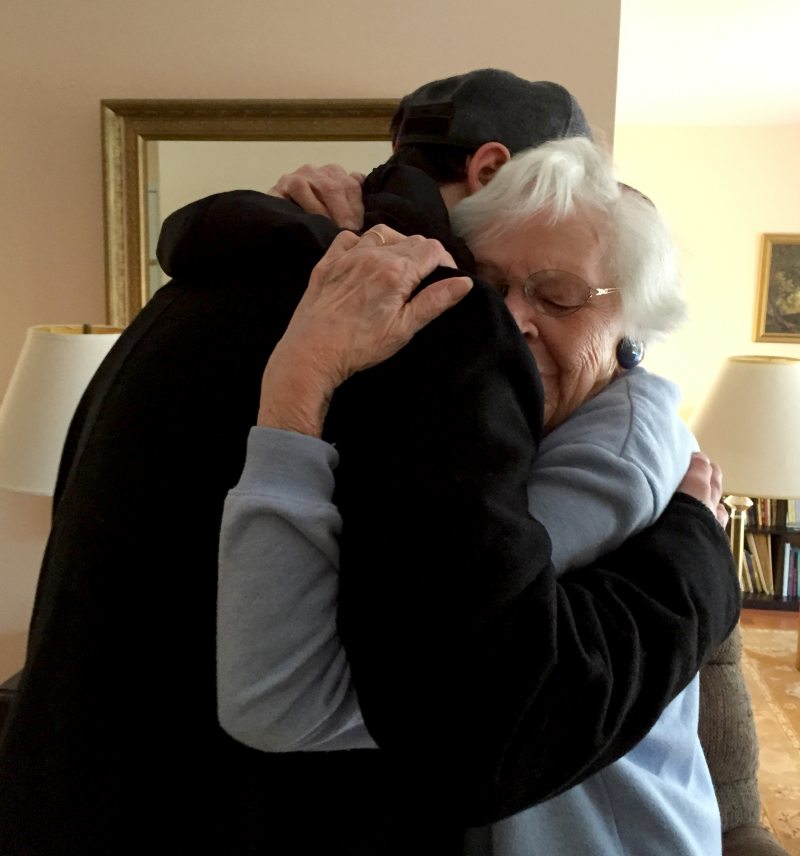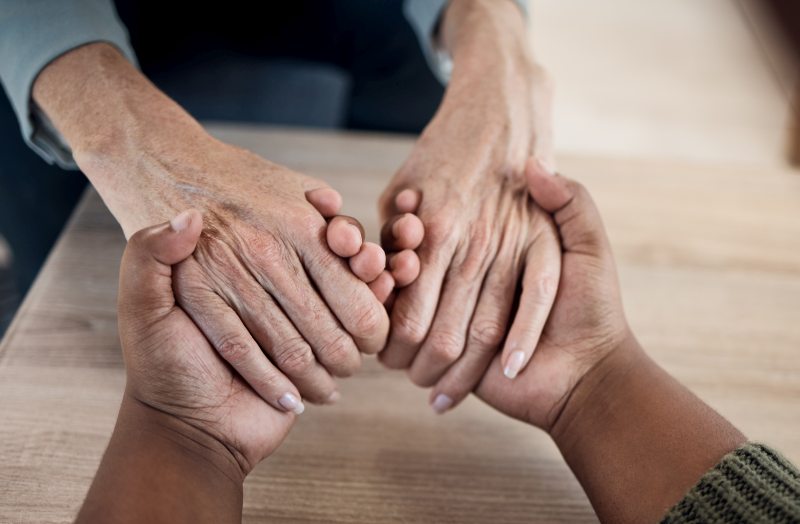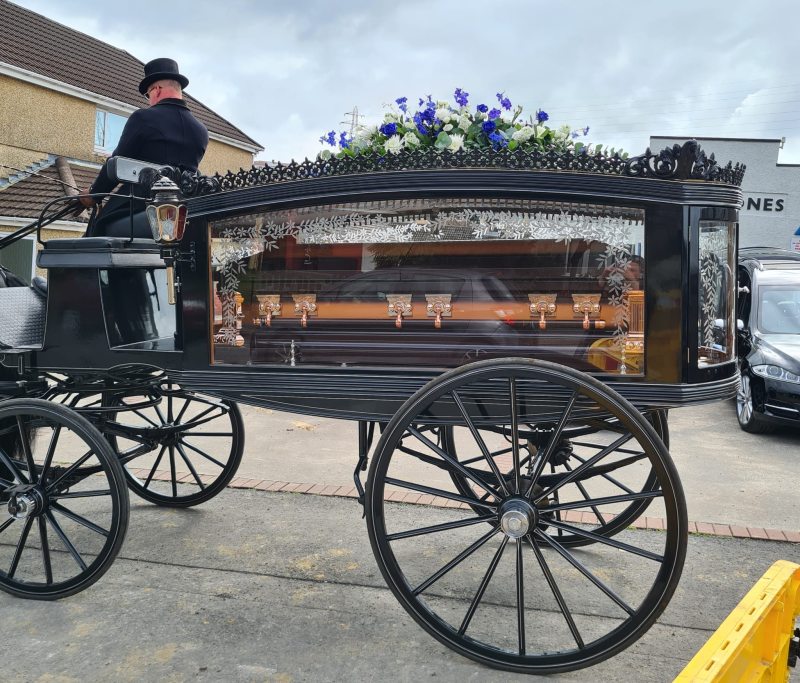We understand that losing someone you love is incredibly difficult, and the thought of what happens next can feel overwhelming. This guide is here to help you navigate these challenging times with understanding and support.

When someone dies, there are certain things that have to be done, but this often comes at an incredibly difficult time when we feel least able to manage.
We can help you think through what you need to do.


The first thing to do when someone dies depends on the circumstances of their death.

Call their GP practice and nearest relative (if that's not you). In most instances, the doctor will then issue a medical certificate that states the cause of death to allow the death to be registered.
You’ll also be given a formal notice stating that the medical certificate has been signed. This notice tells you how to register the death. Then, when you feel ready to do so, you can contact a funeral director of your choice who will move the body.
Call 999 immediately and explain what's happened. If the cause of death is unclear or unnatural, for example as the result of an accident, or the person hadn't been seen by a doctor during their last illness, the death will need to be reported to a coroner. A coroner is a lawyer with the legal duty to investigate unexpected deaths (some coroners are also doctors).
The coroner may call for a post-mortem examination to determine the cause of death. This may take some time, so the funeral may need to be delayed. You cannot refuse the examination, but you can tell them if you need to arrange the funeral quickly for faith reasons.
When someone dies unexpectedly, the police will also be called to do a routine visit. They'll ask questions about the circumstances of the death which may be used to help the coroner to understand the cause of death. This can be unsettling but it's important to remember that it's normal procedure in these circumstances.
The hospital will explain the steps you need to take. The cause of death will usually be checked by the medical examiner and then the medical certificate and formal notice will be issued.
The body will usually be kept in the hospital mortuary until the relatives arrange for it to be taken to the funeral director's premises or taken home.
If someone dies abroad, you should register the death according to the regulations of the country. A local death certificate can usually be used in the UK.
However, if it's not in English, you'll probably need to get a certified translation if you're dealing with the person's affairs. You might also choose to register the death with UK authorities. To do this, contact the Foreign, Commonwealth & Development Office (FCDO). You can call them on 020 7008 5000.
It's a legal requirement to register a death within 5 days of the death (unless it's been referred to the coroner). A burial or cremation cannot go ahead until the death has been registered.

It's a legal requirement to register a death within 5 days of the death (unless it's been referred to the coroner). A burial or cremation cannot go ahead until the death has been registered. Here's a step-by-step guide on how to register a death:
You can go to any register office to register a death, but it's best to use one in the area where the person died because then you'll be given the documents you need that day. If you go to an office in a different area, there'll be a delay before you get the documents. Wherever you go, most offices require you to make an appointment, so it's best to phone in advance to check.

When someone dies, you must get in touch with certain organisations to let them know as soon as possible. If it's available in your area, you can use the Tell Us Once service to contact several government departments about the death in one go, including:
If your local council doesn’t offer the Tell Us Once service, you’ll need to contact these departments yourself.

If you're responsible for arranging the funeral and you're on a low income, you may be eligible for a Funeral Expenses Payment from the Department of Work and Pensions to help cover costs.
There are strict rules about who can get help and how much you'll receive. For example, you must be claiming Pension Credit or certain other means-tested benefits, and you must have had a close relationship with the person who died, such as their family member or partner.
If you don’t qualify for a Funeral Expenses Payment – or it doesn’t cover the full costs of the funeral – you may be able to get a Budgeting Loan or a Budgeting Advance. These are interest-free loans of between £100 and £812 that you repay out of your benefit payments over time.

What you need to do to deal with the estate – the money, property and possessions – of the person who's died depends on whether they made a valid will and, if they did, whether you're named as an executor in that will.
If they did make a valid will and you've been appointed as an excecutor, then you'll need to apply for a grant of probate to deal with the estate. Probate is the legal process of distributing someone's estate after they die.

If you have recently lost a loved one and need Immediate Assistance, please Call Us 24/7 On:
01792 771066
If you are just gathering information for the future and would like to speak with us


Funeral Directors based in Swansea, South Wales. Family-run business for over 60 years.
© All Rights Reserved 2026